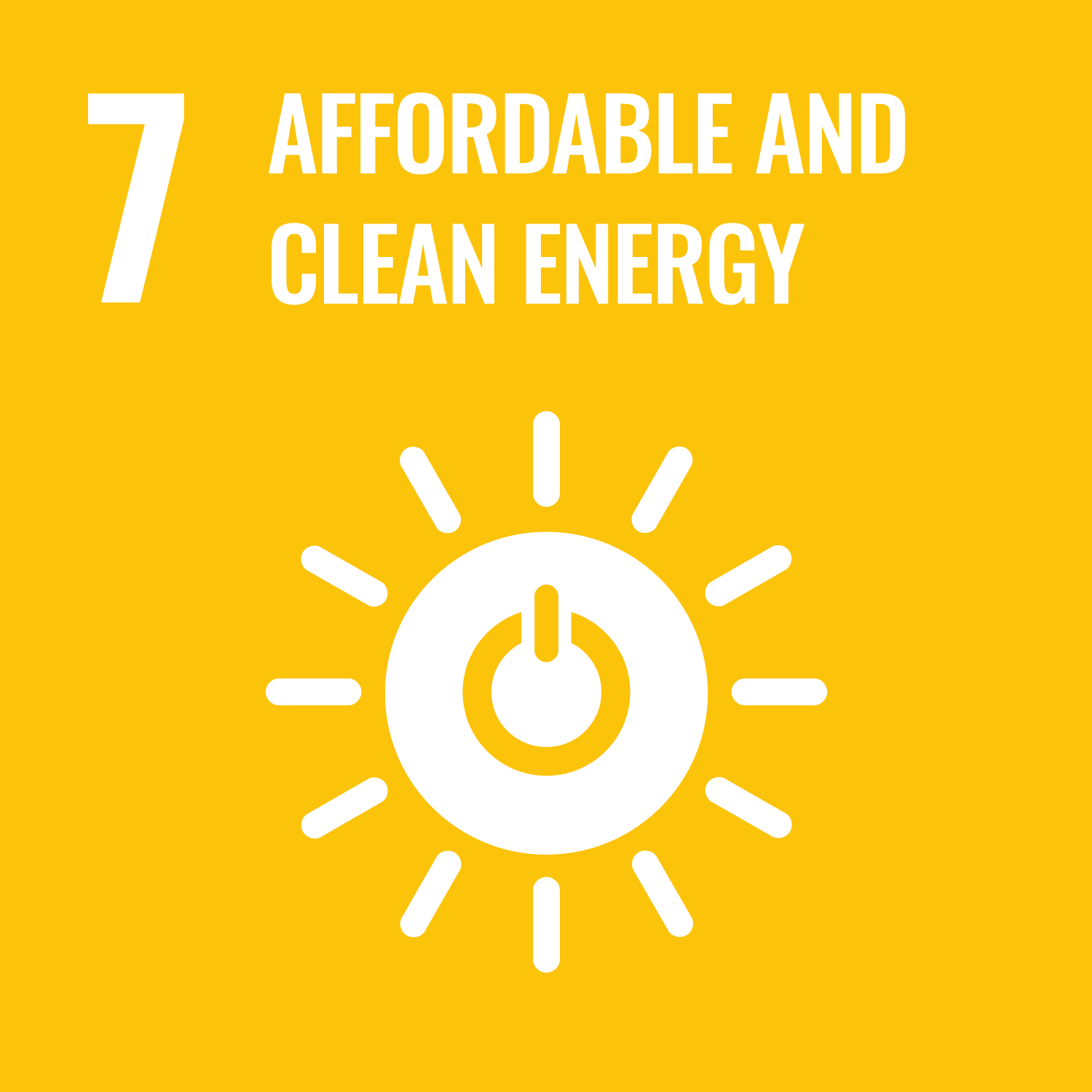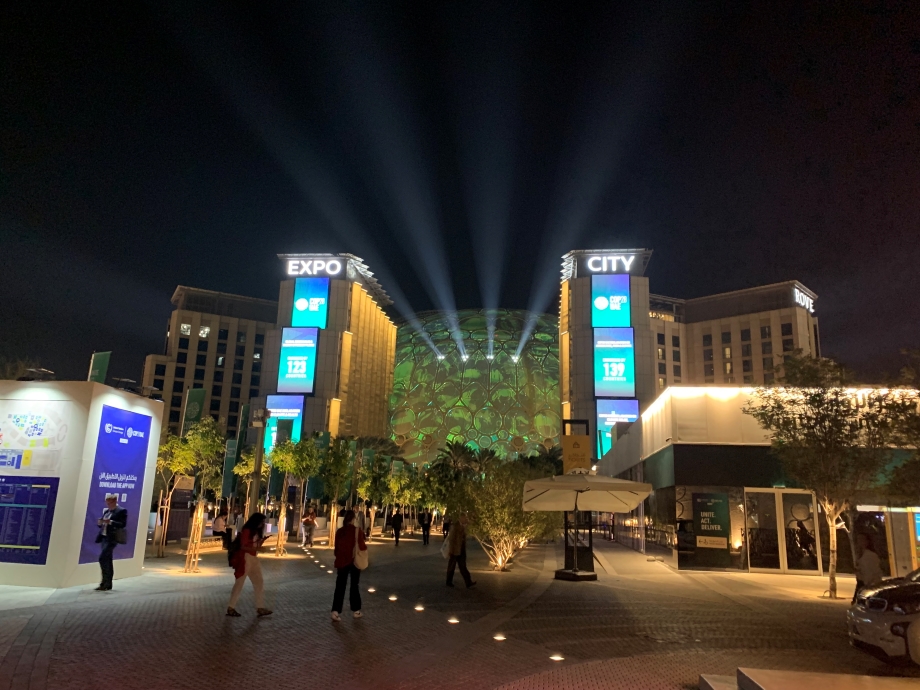After COP 28: Creating New Shared Value through Sustainability Management


2024.02.21
-

- Takahashi Ryosuke Assistant Director Office for Sustainability Management Operations Strategy Department
Last year, I went to Dubai, the United Arab Emirates (UAE) on a business trip for the first time to attend the 28th Conference of the Parties to the United Nations Framework Convention on Climate Change (COP28), which was held from November 30 to December 13, 2023. In this blog, focusing on climate change, I would like to look back on the results of the conference and summarize my thoughts on the creation of "new shared value", which is one of the pillars of JICA's sustainability management.

COP28 Venue
At COP28, as reported by media, the outline of the new funding arrangements including a fund for responding to loss and damage was decided, and the negotiated outcome referring to transition away from fossil fuels in energy systems was also reached. In addition, initiatives such as declaration to triple renewable energy and double energy efficiency and declaration to triple nuclear power capacity were also announced. From the Government of Japan, Prime Minister Kishida also attended, and the Government of Japan’s Assistance Package to Promote Investments for Global Actions Toward the Achievement of the Paris Agreement Goals, which includes JICA's contribution measures, was announced on December 9, 2023.
Many JICA officers, led by Chief Sustainability Officer (CSO) Megumi MUTO, participated in COP28. In addition to organizing many side events and speaking engagements, we also launched country-specific initiatives such as a platform to leverage private sector investment for climate change and development for Bangladesh. Also, at the end of October, prior to COP28, JICA announced its sustainability policy, which includes specific targets and direction, such as aiming to implement all new projects in a manner aligned with the goals of the Paris Agreement.
Although media often pay attention to the international negotiations at the COP towards outcomes, the active exchanges between various actors (such as private companies and philanthropies that are leading the discussion in the sustainability field) inside and outside the venue are also important elements of the COP. For example, at official events within the venue and at the Singapore Pavilion, public and private stakeholders held discussions on the phase-out of coal-fired power plants utilizing carbon credits and blended finance1. In addition, various roundtables were held outside the venue. I also participated in such events and conferences and realized the dynamism of various actors working on the climate change issue.
Aiming for a sustainable society by responding to climate change is a mega-trend in the world. However, it is not easy to achieve such an ambition with current technology, speed, and scale. I believe that confronting this challenge can be an opportunity to create "a new shared value" of development cooperation. As exemplified by the United States' Inflation Reduction Act and Japan's GX Promotion Act, many countries are providing large-scale supports to a wide range of fields such as renewable energy, battery energy storage system, and carbon capture. I believe that if we can contribute to the deployment of buzzwords such as climate tech, innovation, and blended finance in the world and vitalize domestic and international economy by collaborating with various actors including private sector, we will be able to create "new shared value". JICA, which has many types of support such as financial cooperation and technical cooperation for mobilizing private capital, should be able to create such a value. At the same time, it is also important to note that addressing various issues is critical in the transition towards carbon neutrality. For example, for further deployment of renewable energy and electric vehicles (EVs), strengthening the supply chain of mineral resources in consideration of geopolitical risks and ensuring just transition for workers in affected industries are also important. Based on this perspective, tackling complex issues will also contribute to the "Free and Open Indo-Pacific" promoted by Japan, and I believe that it will also create a diplomatic value.

Indoor Farming exhibited by a private company at COP venue
Lastly, I would like to point out that dogmatic discussions about climate change issues make people feel like being forced to do something. That is why it is important to take a look at initiatives that touch people's hearts and minds. For example, an indoor farming technology that is less susceptible to the effects of climate change was exhibited at the venue, while many startup companies that have technologies to address climate change also participated in COP28. As I also saw and heard about various low-carbon technologies, finding stories that make people interested such as climate tech , and disseminating those stories to many people is an important way to promote sustainability management. I believe this is an important initiative that will help accelerate momentum.
The slogan of COP28 was "UNITE. ACT. DELIVER." that calls us to unite, act together and deliver actionable solutions to the climate crisis. I believe that by bringing together our respective resources and promoting co-creation with various partners, we will be able to create "new shared value" through sustainability management. I will continue to work hard to contribute to the transition in developing countries.
scroll